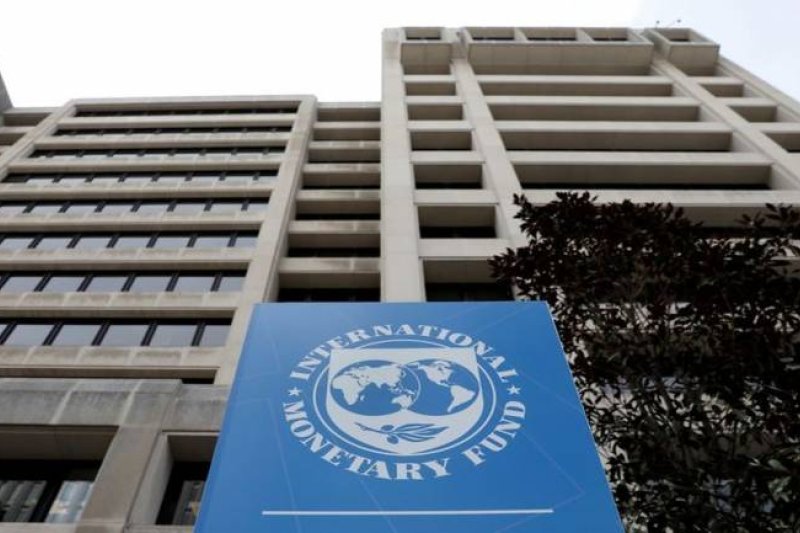IMF Calls on Albanian Govt to Increase Support for People in Need
The International Monetary Fund says that the Albanian economy is facing pressures as a result of the war in Ukraine, through the immediate rise in prices and further tightening of global financial conditions. The fund says more support is needed for the people in need and those most exposed to inflation. This should be enabled within the level of existing budget expenditures for 2022 through redistribution.
Saving potential revenue collected over the plan, as well as a credible consolidation on the revenue side in the medium term, are essential to recreating the space needed for fiscal policy.
According to the IMF, the public sector will face higher costs of foreign financing in the long run. The Fund suggested that monetary policy should be tightened more and in time, to curb inflationary pressures and to reorient inflation expectations within the Bank of Albania target.
"The sharp increase in the price of energy and food, as well as the increase in the costs of foreign financing due to the war in Ukraine, represent the third blow to the Albanian economy in recent years. Economic growth in 2022 is projected to be around 3 percent, supported by tourism and construction, but weakened by the impact of rising prices. Inflation has risen sharply above the central bank's 3 percent target, turning into broad-based inflation. Inflation is expected to remain high in the coming months — driven by import prices — before returning to target in early 2024, reflecting the impact of monetary policy tightening.
Given the challenges of the transparency board that monitors the prices of some basic food items, we see fit to replace it with well-oriented support for the poor and the exposed strata in order to protect them from the effects of rising prices. For this reason, efforts to improve the country's social protection system need to continue, including expanding coverage of the poor and needy in the informal sector.
The 2022 budget (as revised in March) has enough space to support citizens and the economy. Therefore, any additional revenue beyond what is provided in the budget should be saved to recreate the necessary space for fiscal policy. This is very important, as the costs of external financing have increased significantly and may be high for a long time. The public sector needs to be prepared to operate under tighter external conditions. Additions to temporary support for the needy, as well as increased costs for procurement or public works, due to rising prices, must be kept within the existing level of budget expenditures through redistribution," the report said.













